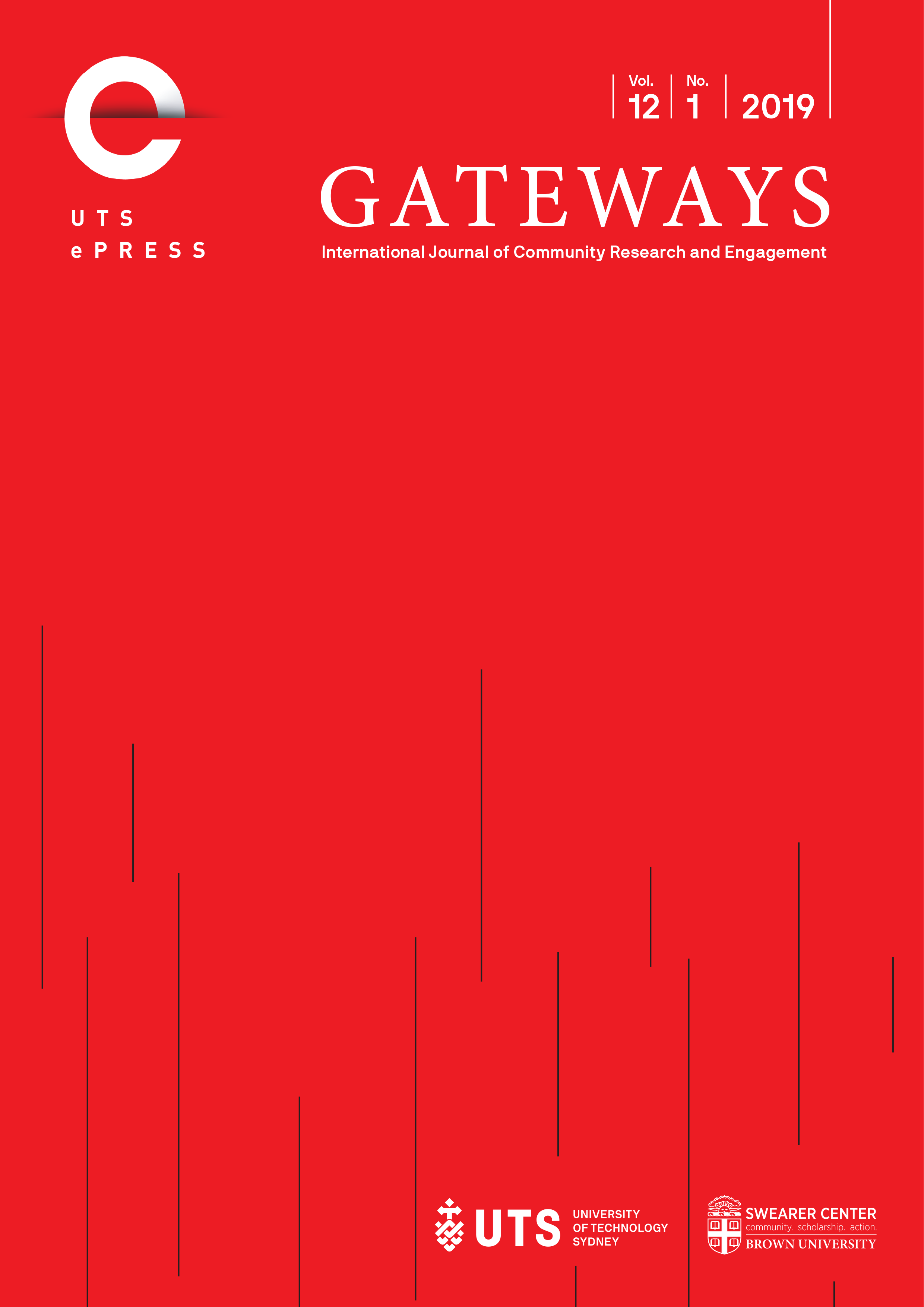Improving transition rates of students in informal settlements into higher education: An analysis of the Macheo Mentoring Programme
Main Article Content
Abstract
This research presents a viable way to encourage students in informal settlements to transit from high schools to tertiary institutions by focusing on the case of the Macheo Mentoring Programme of Strathmore University, Nairobi, Kenya. The aim was to investigate how the Macheo Mentoring Programme contributed to the academic success of final year students, with a focus on subjects and overall performance. Though Macheo has other aims, such as provision of life skills, the research examined mainly academic performance, providing insight to how universities can structure their own high-school mentoring programs, the processes that need to be in place and possible challenges they may experience. The research contributes to the literature on the university’s role in encouraging student participation. Information was gathered from a cross-sectional survey questionnaire of 72 parents and 76 students. Other qualitative information was gathered to provide insight to what could have contributed to students’ success and further augmented quantitative responses. The conclusion was that there is a link between mentorship and students’ success. Though this finding is similar to that of most studies undertaken in the Global North, this study aims to combat the dearth of such research in the Global South. The research indicates implicit connections between the university and community, which can be leveraged if they work together as partners.
Keywords: university-community service; mentoring; transition to tertiary institutions; informal settlements
Article Details
Issue
Section
Authors who submit articles to this journal from 31st March 2014 for publication, agree to the following terms:
a) Authors retain copyright and grant the journal right of first publication with the work simultaneously licensed under a Creative Commons Attribution License that allows others to share and adapt the work with an acknowledgement of the work's authorship and initial publication in this journal.
b) Authors are able to enter into separate, additional contractual arrangements for the non-exclusive distribution of the journal's published version of the work (e.g., post it to an institutional repository or publish it in a book), with an acknowledgement of its initial publication in this journal.
c) Authors are permitted and encouraged to post their work online (e.g., in institutional repositories or on their website) prior to and during the submission process, as it can lead to productive exchanges, as well as earlier and greater citation of published work (See The Open Access Citation Advantage Service). Where authors include such a work in an institutional repository or on their website (ie. a copy of a work which has been published in a UTS ePRESS journal, or a pre-print or post-print version of that work), we request that they include a statement that acknowledges the UTS ePRESS publication including the name of the journal, the volume number and a web-link to the journal item.
d) Authors should be aware that the Creative Commons Attribution (CC-BY) License permits readers to share (copy and redistribute the work in any medium or format) and adapt (remix, transform, and build upon the work) for any purpose, even commercially, provided they also give appropriate credit to the work, provide a link to the license, and indicate if changes were made. They may do these things in any reasonable manner, but not in any way that suggests you or your publisher endorses their use.
For Volume 6 (2013) and before, the following copyright applied:
Articles published by UTSePress are protected by copyright which is retained by the authors who assert their moral rights. Authors control translation and reproduction rights to their works published by UTSePress. UTSePress publications are copyright and all rights are reserved worldwide. Downloads of specific portions of them are permitted for personal use only, not for commercial use or resale. Permissions to reprint or use any materials should be directed to UTSePress.
